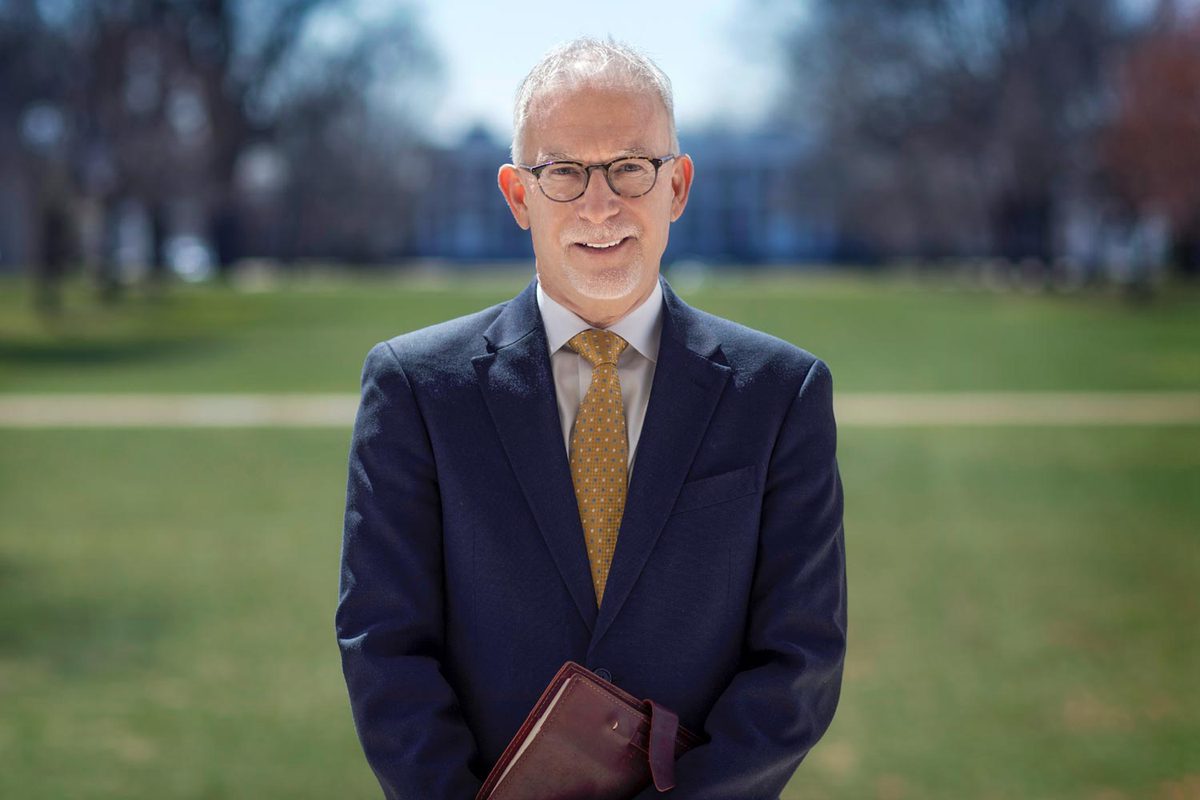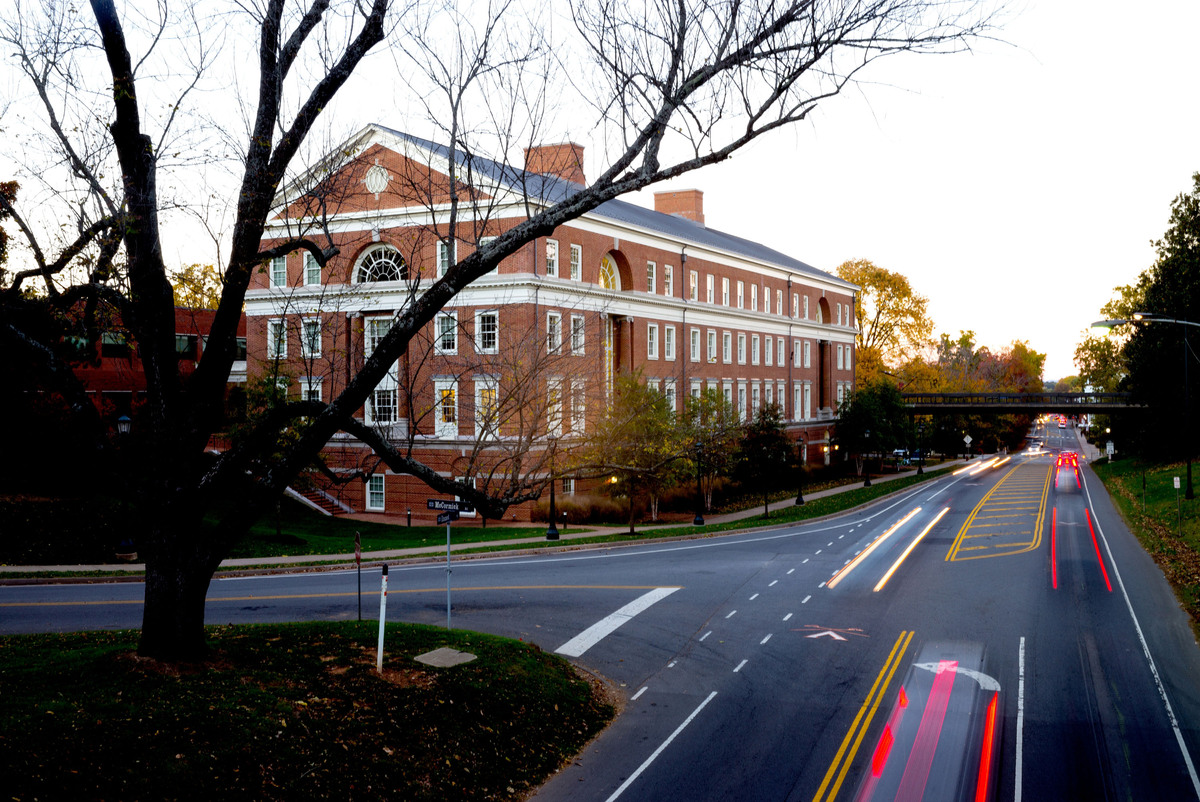Beginning in the fall of 2020, the University of Virginia’s Curry School of Education and Human Development will enroll undergraduate students seeking Bachelor of Science in Education degrees in special education, elementary education and early childhood education.
“The Curry School has a legacy of innovation and leadership in teacher preparation,” Curry School Dean Bob Pianta said. “These newly designed majors are a tremendous opportunity for us to build on that history with continued leadership and innovation in the field.”
The teacher education program will continue to offer its one-year Master of Teaching program that also leads to licensure.
Revising Regulations
Changes to Virginia Department of Education teacher licensure regulations now allow for undergraduate students to major in teacher education and earn licensure for the first time in several decades.
In October 2017, education leaders and policymakers gathered at the Curry School to discuss the state’s teacher shortage crisis. Among the solutions proposed at the summit was condensing teacher training programs from a standard five-year course of study, resulting in a master’s degree, into a four-year bachelor’s degree.

Curry School Dean Bob Pianta welcomed the new programs and their promise to address classroom shortages with a diverse workforce. (Photo by Dan Addison, University Communications)
“Removing a master’s-level requirement for a portion of our teacher candidates will immediately remove the burden of funding an additional year of study,” Jillian McGraw, director of the Curry School’s teacher education program, said. “By allowing students to major in teacher education, we can get them into classrooms one year sooner while maintaining the high-quality preparation we offer through our master’s-level program.”
This change can also help increase the diversity of the teacher workforce. According to a 2017 report published by the Virginia Department of Education, the No. 1 barrier to building a more diverse teacher workforce is “the length and cost of the traditional teacher preparation pathway.”
“While there were many forces at play that resulted in these changes at the state level, I believe this is evidence that there is promise in convening leaders with diverse perspectives who share a commitment to improving education,” Pianta said. “We hope to continue to build partnerships with Virginia school divisions, through which we can more directly address their teacher shortages and needs.”
Evolving From the Five-Year Program
The new teacher education majors will replace the traditional five-year, dual-degree program that paired a bachelor’s degree from UVA’s College of Arts & Sciences with a Master of Teaching degree from the Curry School for those interested in teaching early childhood, elementary education or special education.
The new majors provided an opportunity to redesign the coursework and field-based clinical experiences for teacher candidates.
“Compared to the five-year program, our undergraduate students will have increased amounts of supervised training in classroom skills and competencies, a hallmark of effective teacher preparation programs,” Pianta said. “This redesign will also enable us to include in the curriculum innovative experiences such as the use of a mixed-reality classroom simulator and greater depth of knowledge in child and adolescent development.”
The legacy of the once-innovative, five-year, dual-degree program laid the foundation for these new changes, according to Pianta.
“Under the visionary leadership of Jim Cooper, the Curry School’s sixth dean, the school designed and established one of the nation’s first five-year, dual-degree teacher preparation models in the late 1980s,” Pianta said. “Critically, this program, and others that modeled it, elevated the academic rigor of teacher preparation and focused attention on evidence of impact and the success of its graduates.
“As we evolve our efforts in teacher preparation to address the needs facing the nation’s schools well into the 21st century, we are confident that the lessons learned from the dual-degree design will strengthen our new four-year model to prepare undergraduates to be effective teachers who will thrive in the classrooms they lead.”
Middle and High School Subjects
Students seeking to teach subject-specific areas in secondary schools will continue to complete a content-specific major prior to earning a Master of Teaching degree.
“Students teaching subjects such as science, English or mathematics will continue to pair a large amount of discipline-specific coursework with the robust coursework and clinical experiences designed to train effective teachers,” McGraw said. “To meet these requirements, our students embark on an intensive 12-month Master of Teaching program upon graduation with their bachelor’s degree.”
Students interested in majoring in Teacher Education can visit the Curry School website for information and subscribe for email updates about the majors. Information about the Master of Teaching degree can also be found online.
Media Contact
Article Information
October 15, 2019
/content/curry-school-launches-four-year-teacher-education-majors

